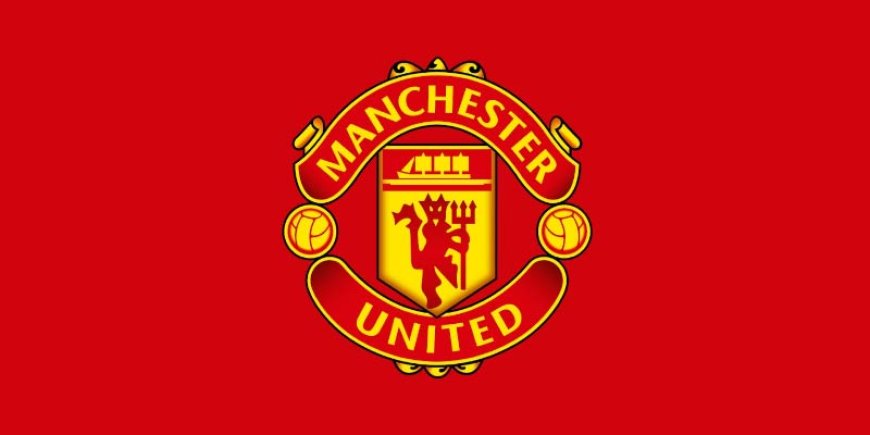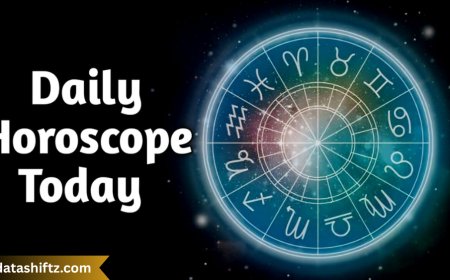Manchester United Football Club: A Legacy of Passion, Glory, and Evolution

Introduction
Manchester United Football Club, also known as “The Red Devils,” stands as one of the most iconic and successful football clubs in the history of the sport. Based in Old Trafford, Greater Manchester, the club has not only achieved monumental feats on the pitch but has also built a global brand that resonates with millions of fans worldwide. From historic triumphs and legendary players to moments of despair and dramatic comebacks, Manchester United's story is one of resilience, transformation, and legacy.
In this detailed blog post, we will explore the history, structure, achievements, challenges, and the current landscape of Manchester United Football Club. Additionally, we’ll provide a comprehensive look at its past and present through tables and lists for a well-rounded perspective.
History of Manchester United
Foundation and Early Years (1878–1945)
Manchester United was originally founded as Newton Heath LYR Football Club in 1878. The club faced financial difficulties in the early 1900s, and in 1902, it was restructured and renamed Manchester United.
Key Milestones:
-
1908: First Football League title
-
1909: First FA Cup victory
-
Old Trafford opened in 1910
Post-War Revival and Busby Era (1945–1969)
Sir Matt Busby took over managerial duties after World War II and built a young and dynamic team known as the "Busby Babes." The 1958 Munich air disaster tragically cut short many lives, but Busby rebuilt the team and led them to European glory.
Key Achievements:
-
1956, 1957: League titles
-
1968: First English club to win the European Cup
The Ferguson Era (1986–2013)
The Most Successful Period in Club History
Sir Alex Ferguson took over in 1986 and transformed the club into a global powerhouse. His tenure brought domestic dominance and international success, driven by a generation of talented players such as Ryan Giggs, Paul Scholes, David Beckham, and Cristiano Ronaldo.
Achievements Under Ferguson
| Competition | Titles Won |
|---|---|
| Premier League | 13 |
| FA Cup | 5 |
| UEFA Champions League | 2 |
| FIFA Club World Cup | 1 |
| League Cup | 4 |
His philosophy of promoting youth and attacking football redefined the club's identity and left a lasting legacy.
Post-Ferguson Era: Struggles and Rebuild (2013–Present)
Since Ferguson’s retirement in 2013, Manchester United has faced a turbulent period characterized by managerial changes, inconsistent performances, and fluctuating success.
Managers Post-Ferguson
-
David Moyes (2013–2014) – A short, troubled tenure
-
Louis van Gaal (2014–2016) – FA Cup win in 2016
-
José Mourinho (2016–2018) – Europa League, League Cup in 2017
-
Ole Gunnar Solskjær (2018–2021) – Promoted youth, reached UEL final
-
Erik ten Hag (2022–Present) – Current manager with a long-term vision
Structure of the Club
Club Ownership
| Owner(s) | Role |
|---|---|
| The Glazer Family | Majority Shareholders |
| Sir Jim Ratcliffe (INEOS) | Minority Shareholder with Football Control (as of 2024) |
The club’s ownership has sparked debates among fans due to financial management and lack of silverware.
Club Facilities
-
Stadium: Old Trafford (Capacity: 74,310)
-
Training Ground: Carrington
-
Academy: Renowned for producing homegrown talents
Top Players in Club History
Legendary Figures
| Player | Appearances | Goals Scored | Key Achievements |
|---|---|---|---|
| Ryan Giggs | 963 | 168 | Most appearances, multiple titles |
| Bobby Charlton | 758 | 249 | World Cup winner, club icon |
| George Best | 470 | 179 | Ballon d’Or winner |
| Wayne Rooney | 559 | 253 | Club’s all-time top scorer |
| Cristiano Ronaldo | 346 | 145+ | Ballon d’Or winner, key in 2008 UCL |
Current Key Players (2025)
-
Bruno Fernandes
-
Marcus Rashford
-
Alejandro Garnacho
-
Rasmus Højlund
-
Lisandro Martínez
Domestic and International Trophies
Major Trophies
| Competition | Titles Won |
|---|---|
| Premier League/First Division | 20 |
| FA Cup | 12 |
| League Cup | 6 |
| UEFA Champions League | 3 |
| Europa League | 1 |
| FIFA Club World Cup | 1 |
Manchester United is one of only a few clubs to have won every major competition available to a European team.
Fan Base and Global Reach
Manchester United has one of the largest fan bases globally, with supporters’ clubs in over 100 countries. The club has a massive presence on social media platforms and continues to drive commercial revenues through sponsorships, merchandise, and global tours.
Top Sponsorships
-
Adidas – Kit sponsor
-
TeamViewer – Shirt sponsor (until 2026)
-
DXC Technology – Sleeve sponsor
Challenges and Road Ahead
Challenges
-
Inconsistent performance in top competitions
-
Financial burden due to high player wages and debt
-
Ownership disputes and fan protests
-
Pressure to return to top-tier European success
Opportunities
-
Emerging young talent from the academy
-
Strategic investment by INEOS group
-
Revamping of scouting and recruitment under Erik ten Hag
Summary List: Reasons for United’s Continued Global Impact
-
Rich history and legendary achievements
-
Global fan engagement and brand power
-
Strong youth development system
-
High-value sponsorship and commercial deals
-
Tactical evolution under experienced coaches
-
Iconic stadium and infrastructure
Conclusion
Manchester United Football Club is more than just a football team; it is a global institution that has defined generations of football culture. With a rich past, a passionate fan base, and a hopeful future under its evolving leadership, the Red Devils remain one of the cornerstones of the sport.
As the club navigates its modern challenges, the spirit of Old Trafford and the legacy of past legends continue to inspire. Whether it’s through the roar of a packed stadium or the emergence of a new academy star, Manchester United's journey is far from over—it is simply evolving.






























